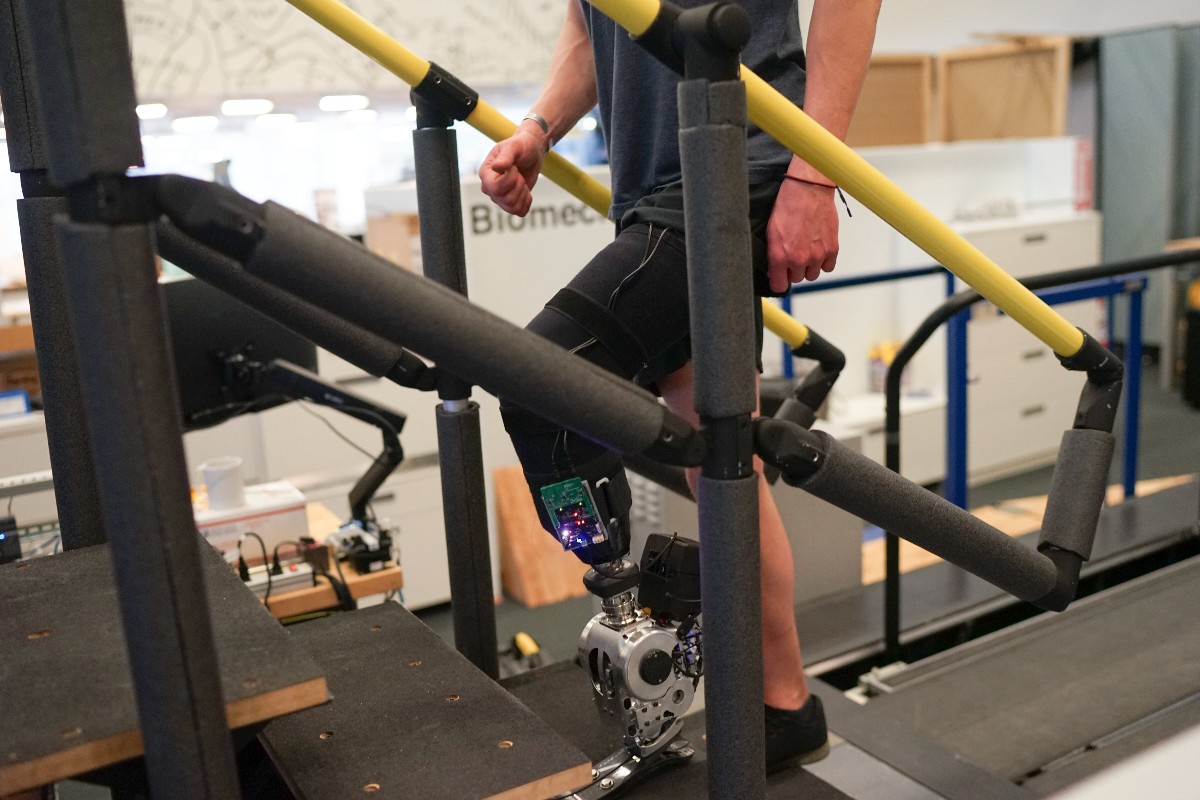
“Smart” prosthetic legs can help amputees achieve a natural walking gait, but it’s done through robotic sensors and algorithms that drive the limb forward at predetermined rates. A better way would be to give people full control over the limb through their nervous system — and that’s just what an MIT research team says it’s… read on > read on >






























